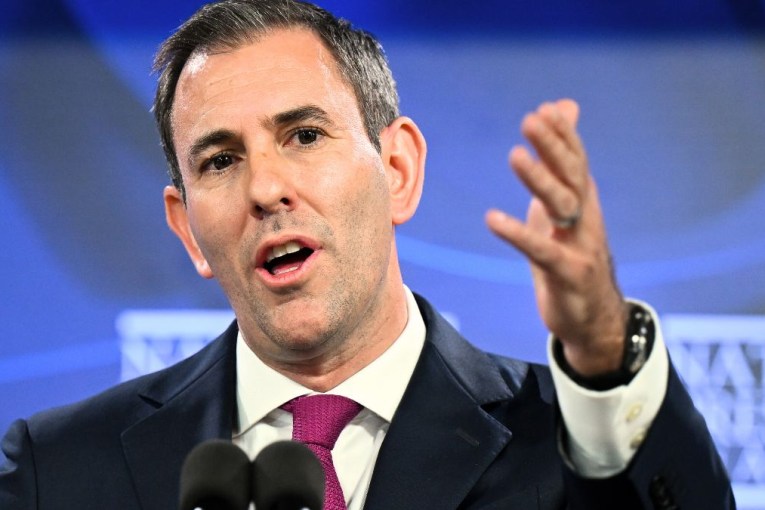Wall Street falls after attacks
Wall Street closed sharply lower overnight as a shooting in southern California added to nervousness, while investors also eyed a potential rise in US interest rates.
Federal Reserve chair Janet Yellen said she was looking forward to a rate hike, which will be seen as a testament to the US economy’s recovery from recession.
But she did not indicate if she still expected an increase would be warranted at the bank’s last policy meeting for the year next week.
• LIVE: at least 14 dead in San Bernardino
• Obama slams shooting ‘pattern’
• What is the Inland Regional Center?
• ‘Time to call out’ US on gun control failures
• BBC on shootings: ‘Just another day in the USA’
Broader losses on Wall Street were offset by record highs in technology companies including Alphabet — the parent company of Google — Amazon and Netflix.
The Dow Jones Industrial Average lost 0.9 per cent to 17,729.7, while the S&P 500 tumbled 1.1 per cent to 2,079.5 and the Nasdaq dipped 0.6 per cent to 5,123.2.
Overnight, European shares were mixed. Markets were looking to the prospect of new stimulus measures when the European Central Bank meets on Thursday.
Weaker-than-expected eurozone inflation data has further underpinned hopes for strong central bank action.
London’s FTSE 100 rose 0.4 per cent to 6,420.9, the DAX in Germany dipped 0.6 per cent to 11,190.0, while in Paris, the CAC 40 slipped 0.2 per cent to 4,905.8.
Locally, shares are set to slip with the ASX SPI 200 down one per cent, or 53 points, to 5,225.0.
Iron ore price hits new ten-year low
The Australian Bureau of Statistics will release data international trade in goods and services for October later in the day.
“Weakness in iron ore exports from Port Hedland is expected to be broadly offset by better coal loadings from Newcastle,” said NAB senior economist David de Garis in a note to clients.
“Continued strength in gold exports and higher LNG exports with Santos’ Gladstone LNG project commencing production in mid-October.”
Iron ore hit a new ten-year low of $40.60 overnight on the back of a global supply glut and shrinking Chinese demand.
The Australian dollar has slipped 0.2 percent to $US0.73.
Against international currencies, it is buying 90 Japanese yen, 48.9 British pence, 68.8 euro cents and $NZ1.10.
In commodities, gold dropped 1.4 per cent to $US1,053.70 an ounce, its lowest since February 2010.
West Texas Crude dropped 4.2 per cent to $US40.10.









